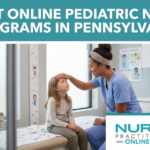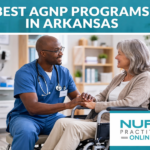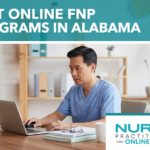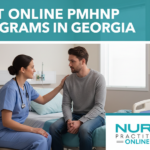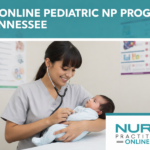Complete Online Nurse Practitioner Guides
Are you ready to advance your nursing career? Nurse Practitioners (NPs) enjoy working with diverse patient populations, delivering specialized high-level care while earning an increased salary. If you think going back to school won’t fit into your life – think again. A traditional classroom-based program is NOT your only option. Online nurse practitioner programs are available at the Master’s, Post-Master’s Certificate, and Doctorate levels. Nurses nationwide can reach the next level in their careers by fitting in their education whenever and wherever they choose – online programs make it all possible. Learn more about online NP programs, how to become an NP, and search programs by specialty, degree level, and state.
Find Nurse Practitioner Programs Near Me
Start your journey by finding out more about online nurse practitioner programs in your area. Our state-by-state guide will help you find an online or hybrid program in the nurse practitioner specialty of your choice. Browse schools, program options, degree levels, and find all the information you need to become a successful nurse practitioner.
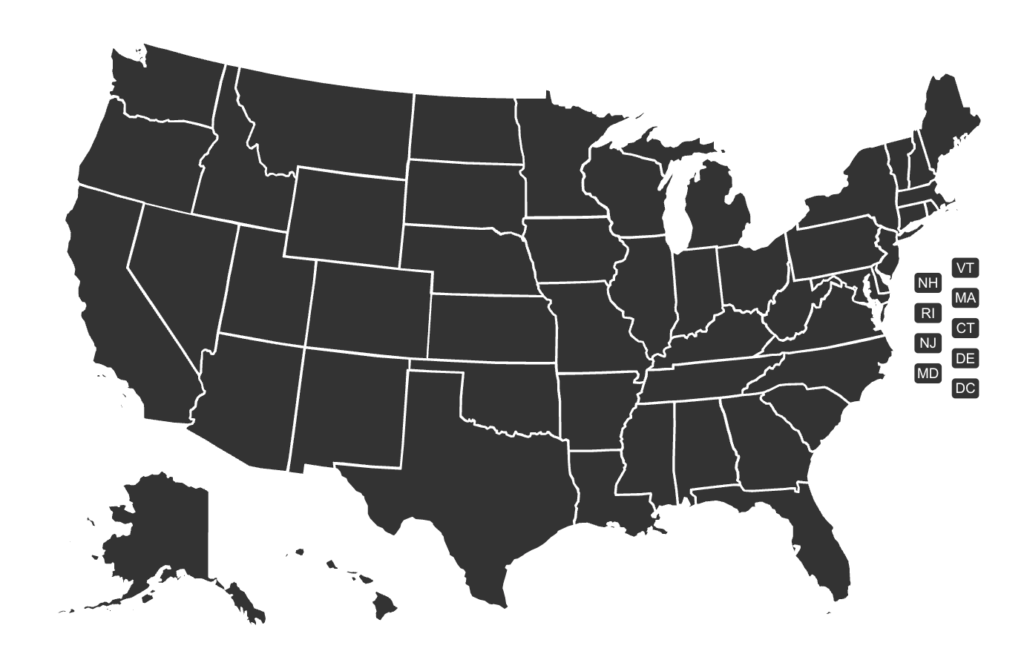
- AL Alabama
- AK Alaska
- AZ Arizona
- AR Arkansas
- CA California
- CO Colorado
- CT Connecticut
- DE Delaware
- DC Washington, DC
- FL Florida
- GA Georgia
- HI Hawaii
- ID Idaho
- IL Illinois
- IN Indiana
- IA Iowa
- KS Kansas
- KY Kentucky
- LA Louisiana
- ME Maine
- MD Maryland
- MA Massachusetts
- MI Michigan
- MN Minnesota
- MS Mississippi
- MO Missouri
- MT Montana
- NE Nebraska
- NV Nevada
- NH New Hampshire
- NJ New Jersey
- NM New Mexico
- NY New York
- NC North Carolina
- ND North Dakota
- OH Ohio
- OK Oklahoma
- OR Oregon
- PA Pennsylvania
- RI Rhode Island
- SC South Carolina
- SD South Dakota
- TN Tennessee
- TX Texas
- UT Utah
- VT Vermont
- VA Virginia
- WA Washington
- WV West Virginia
- WI Wisconsin
- WY Wyoming
Browse Through our Complete Nursing Guides
Nurse Practitioner Articles (See All Articles)
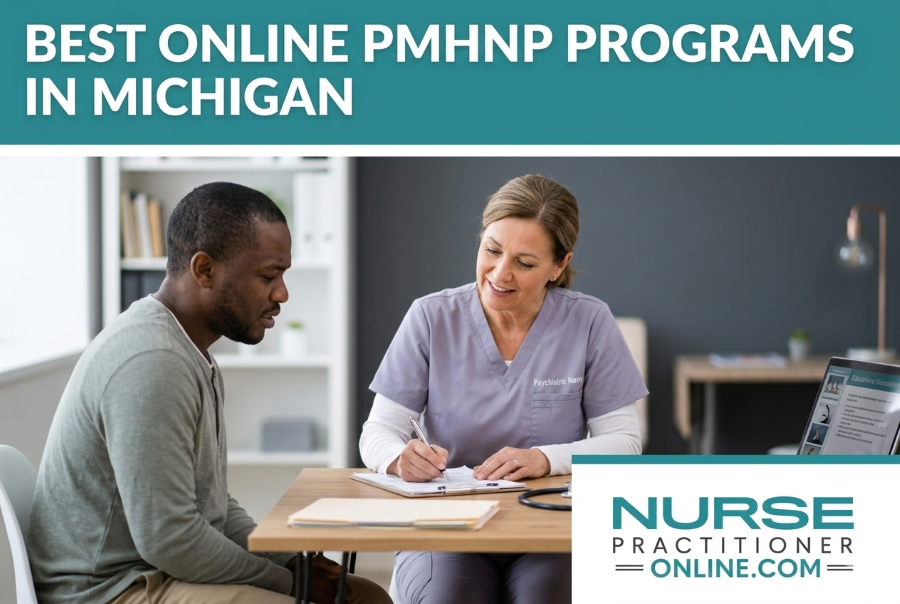
Best Online Psychiatric-Mental Health Nurse Practitioner Programs in Michigan
Michigan has seen growing demand for advanced mental health providers, particularly in community clinics, hospital systems, and telepsychiatry services across the state. For registered nurses who want to specialize in psychiatric care, becoming a Psychiatric-Mental Health Nurse Practitioner (PMHNP) offers a pathway to diagnosing mental illness, prescribing medications, and delivering…












